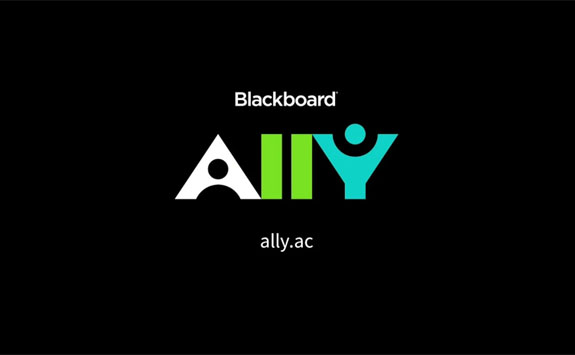Making it Accessible
The University provides a range of tools that enable you to access study materials in formats that best suit your needs.
The tools and alternative formats available from the University are varied and support effective study for all students. Some may meet very specific accessibility needs, such as electronic braille, while others can be helpful to anyone. Audio formats can be useful if you are on the go or have a lot of course materials to read, while ePub or HTML formats make reading on mobile devices more enjoyable.
Ally on Canvas
Ally is a tool that enables you to download alternative formats of your Canvas module content so that you can access the information in a way that suits you.
A number of alternative formats are available, including tagged PDFs, ePub, electronic braille, and MP3 Audio.
For further information visit the Canvas Student FAQs page or take the Canvas orientation course for students.
Microsoft Immersive Reader
Microsoft immersive reader uses a range of techniques to help aid the reading and editing of documents. It provides options such as reading text aloud, text decoding and adjusting of spaces between lines, letters and words.
Immersive reader is available in Canvas, as well as several Microsoft applications including Teams, Office365 (Word and Outlook), OneNote and Microsoft Edge. Further information about Immersive Reader can be found on the Microsoft website and on Canvas.
Video captions
Captions provide a text alternative to the dialogue of a video. The text usually displays at the bottom of the video and can be turned on and off as needed.
The University aims to provide machine generated captions for pre-recorded videos and live videos stored for 14 days or more, made using centrally supported services, primarily ReCap (Panopto), Zoom, Microsoft Stream, Microsoft Teams and Microsoft PowerPoint.
The accuracy of machine generated captions varies depending on the audio quality, topic and speaker. You should use captioned videos alongside other learning resources such as accompanying PowerPoint slides and wider readings to ensure you understand the topic and terminology used.
If you require accurate captions as part of your reasonable adjustment, please contact disabilityadvisor@newcastle.ac.uk. If the video provided as part of your programme does not have the captions you require please contact the content creator.

